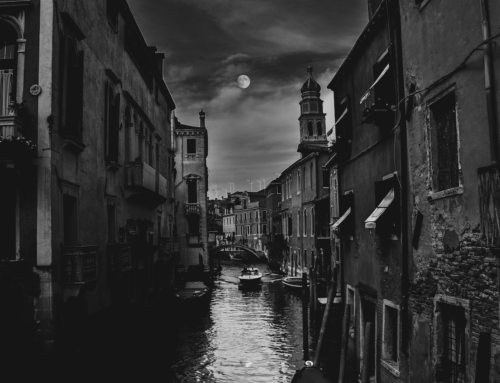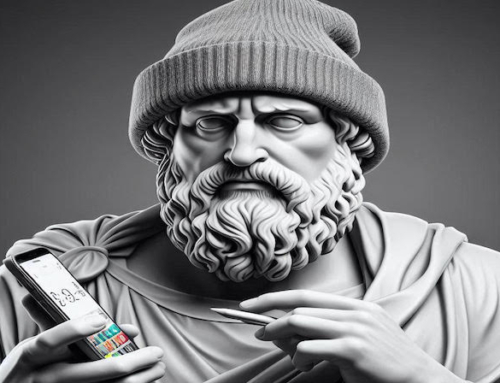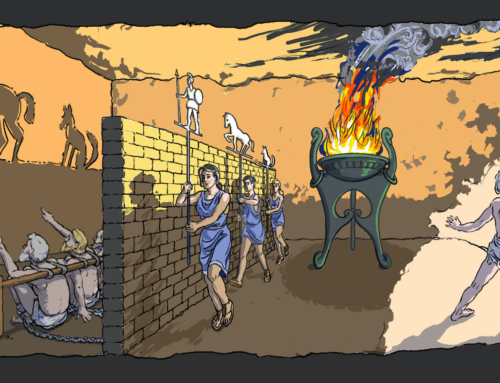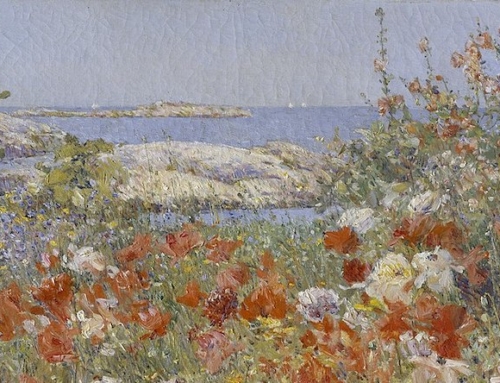The central villain of 2008’s blockbuster film The Dark Night shatters the mold for the comic-book criminal. Known only as the Joker, he subscribes to a philosophy so evil and so incendiary that the film shakes its viewers to their very core. In a telling conversation with Batman, the Joker says:
See, their [the people of Gotham’s] morals, their “code”… it’s a bad joke, dropped at the first sign of trouble. They’re only as good as the world allows them to be. I’ll show you. When the chips are down, these, uh, these “civilized people,” they’ll eat each other. See, I’m not a monster. I’m just ahead of the curve… The only sensible way to live in this world is without rules.
As the film reveals, disbelief in values and disbelief in purpose lead the Joker to accept the only philosophical option he has left: nihilism.
For the nihilist, the world lacks an inherent structure or rationale. Similarly, for the Joker the world is intrinsically meaningless. Rather than be trapped by the constructs of a rootless value system, as the Joker believes the people of Gotham to be, he chooses anarchy. He opts to try and open the eyes of Gotham’s citizens so that they can see just how empty their lives are.
The Joker refuses to sit back and let others live according to their own value systems. He wants them to understand, as he does, what it’s like to live without rules. During the scene in which the Joker tries to convince Gotham’s White Knight, Harvey Dent, to join his destructive and anarchic activities he says:
Do I really look like a guy with a plan? You know what I am? I’m a dog chasing cars. I wouldn’t know what to do with one if I caught it! You know, I… I just do things. The mob has plans. The cops have plans. Gordon’s got plans. They’re schemers. Schemers trying to control their little worlds. I’m not a schemer. I try to show the schemers how pathetic their attempts to control things really are…
The Joker clearly does not just passively accept the absence of values in the world; he wants to destroy the worldview in which he no longer believes.
Alfred Pennyworth, Bruce Wayne’s loyal butler, perceptively sees the Joker for who he is. Alfred describes the Joker’s motive in saying, “some men aren’t looking for anything logical, like money. They can’t be bought, bullied, reasoned or negotiated with. Some men just want to watch the world burn.” Terrifying, isn’t it? It’s an absolutely horrifying idea that some people could want nothing other than for the world to be annihilated.
Ultimately, Christians know a loving creator governs and directs the world through the course of history and therefore gives existence meaning and purpose. The psalms are riddled with praise for God’s sustaining providence. The psalmist sings, “Oh Lord, how manifold are thy works! In wisdom hast thou made them all; the earth is full of thy creatures.” Or again in Psalm 33 we find, “But the plan of the LORD stands forever, the designs of his heart through all generations.” These psalms show the intimate connection between God’s creation and God’s providence. God the Almighty Father (who is the creator of the world) calls all things to their fulfillment in the communion of his love (which is his providence).
Jesus Christ remains the perfect antidote for the philosophy which believes life is meaningless. For what Christ offers is not an ethical system or a philosophy to which one subscribes, though these may be useful in defending the Christian faith. Jesus Christ gives us himself. Christianity properly understood is an encounter, a relationship with a person.
Batman’s brute force saves Gotham, no doubt about it, but what about the Joker? It may be ridiculous to think the Joker would be converted with impressive arguments from Scholastic theology. It is not absurd, however, to believe the grace of God could change such a villain’s heart. The answer the nihilist really needs, for the good of his soul, is to run smack into the face of the God who loves him. In the season of Advent, it seems appropriate to contemplate the radical re-ordering of the history of the world that was wrought by the coming of Christ Jesus. And even more so, the radical changes that occur in the heart which welcomes Him.
Photo by Dikaseva







